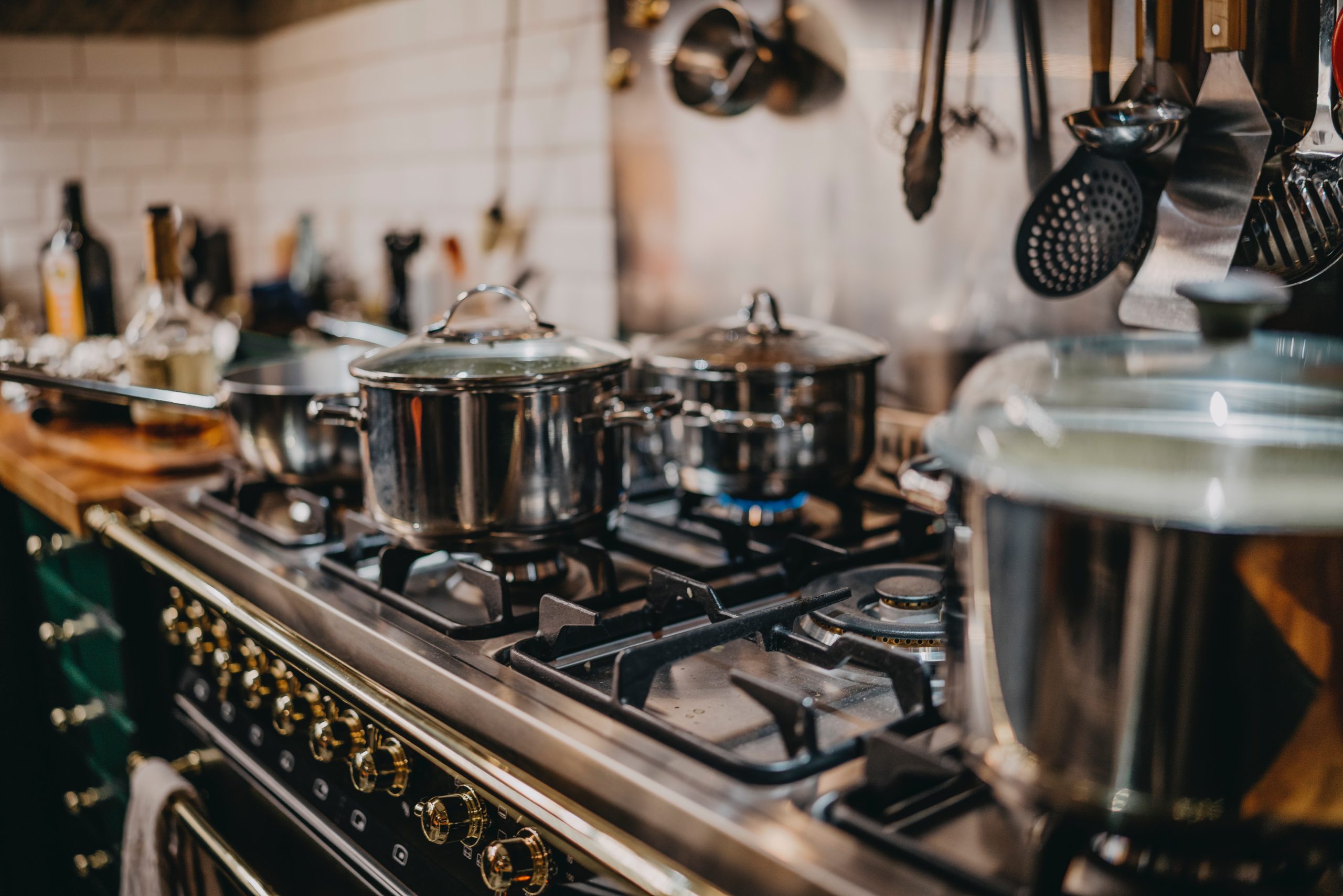With the cost-of-living crisis causing household bills to increase nationwide, many Brits are worried and concerned about the soaring energy prices that keep skyrocketing. This is leading many members of the public to do everything they can to reduce household bills and limit expenditures.
This is why experts at A-Plan Insurance have revealed their top tips on saving energy at home to lower household bills.
Following this guide over the summer months will reduce energy bills, allowing Brits to save money and make smarter and more economical decisions, leading to a more positive and stress-free home.
Gas
Gas bills can be easily reduced with these tips to help cut the costs:
- Smart thermostat – When you install a smart thermostat, the technology inside it can quickly determine your household’s patterns and adjust temperatures according to when your home is occupied or not occupied. This allows any cooling systems used in the summertime and heating systems used in the winter to only be in effect at the time of need, therefore reducing the cost.
- Check the temperature of your water – If you find that the water coming out of your taps is extremely hot, you are likely wasting gas. Turning down the temperature by a few degrees will help reduce this wasted gas and make the temperature more comfortable and usable.
- Insulate your home – It is very common that many homes across the UK are not adequately insulated, meaning in the winter, you may struggle to keep your home warm. If possible, opt for loft insulation as heat rises, and most of the heat escaping a poorly insulated house will be via the roof. The cost might seem like a lot at the time, but while the summer months are upon us and you may be turning the heating on less, why not get it sorted ahead of the winter and thank yourself in the long run.
Water
Water bills can equate to significant amounts of money each month/year, so it is important to understand how much water you are using and where the most significant waste lies. There are many ways you can reduce the amount of water usage in your household:
- Replace shower heads – It might sound silly, but by replacing your showerhead, you could significantly reduce water consumption alongside limiting gas usage.
- Reduce the amount of boiling water – Another easy way to rack up your water bill is by overfilling the kettle. When you overfill you are likely to need to boil it again for the next use, so, by filling the kettle with the specific amount of water you need to make your tea or coffee, it will reduce water wastage and save on electricity.
- Dishwashers over sink washes – Contrary to popular belief, dishwashers use less water than sink washes. By filling your dishwasher up to a full load, you will use less water than if you were to spend more time filling up the sink.
Electricity
With technology becoming increasingly advanced, it is great to see the shift from standard plug-in devices to portable and more energy-efficient appliances. But there are still things that can be implemented into your household to reduce your electricity bill:
- Stand-alone devices – Laptops, phones and tablets that can be used without being connected to the mains will drastically reduce your power consumption. They are incredible for boosting productivity as they can be used anywhere at any time compared to desktop computers and large monitors.
- Turn off non-active appliances – By turning off your standby appliances; you will reduce the amount of electricity usage. A great way to monitor this is by purchasing controllable sockets via an app on your phone, which means you can switch on and off your devices when needed.
- Cook efficiently –Try to use ovens and other kitchen utilities simultaneously to save energy. Putting the oven on five times a day for smaller amounts of cooking will waste more energy than if you were to cook more food at one time. Try organising what meals your family will have throughout the week so you can work out how often the utilities will be used and for how long.
Other top tips that will make a difference:
- Turning off lights in rooms you are not using, alongside heating and any other appliances that are in vacant rooms.
- Fix any leaking taps that may be wasting water
- Use lids on pans that are boiling to speed up cooking time
- Hang out your washing instead of using a tumble dryer; make use of the summer months!
- Install thick and heavy curtains in colder months to trap in heat
- Take showers instead of baths
- Replace an old boiler to improve efficiency





